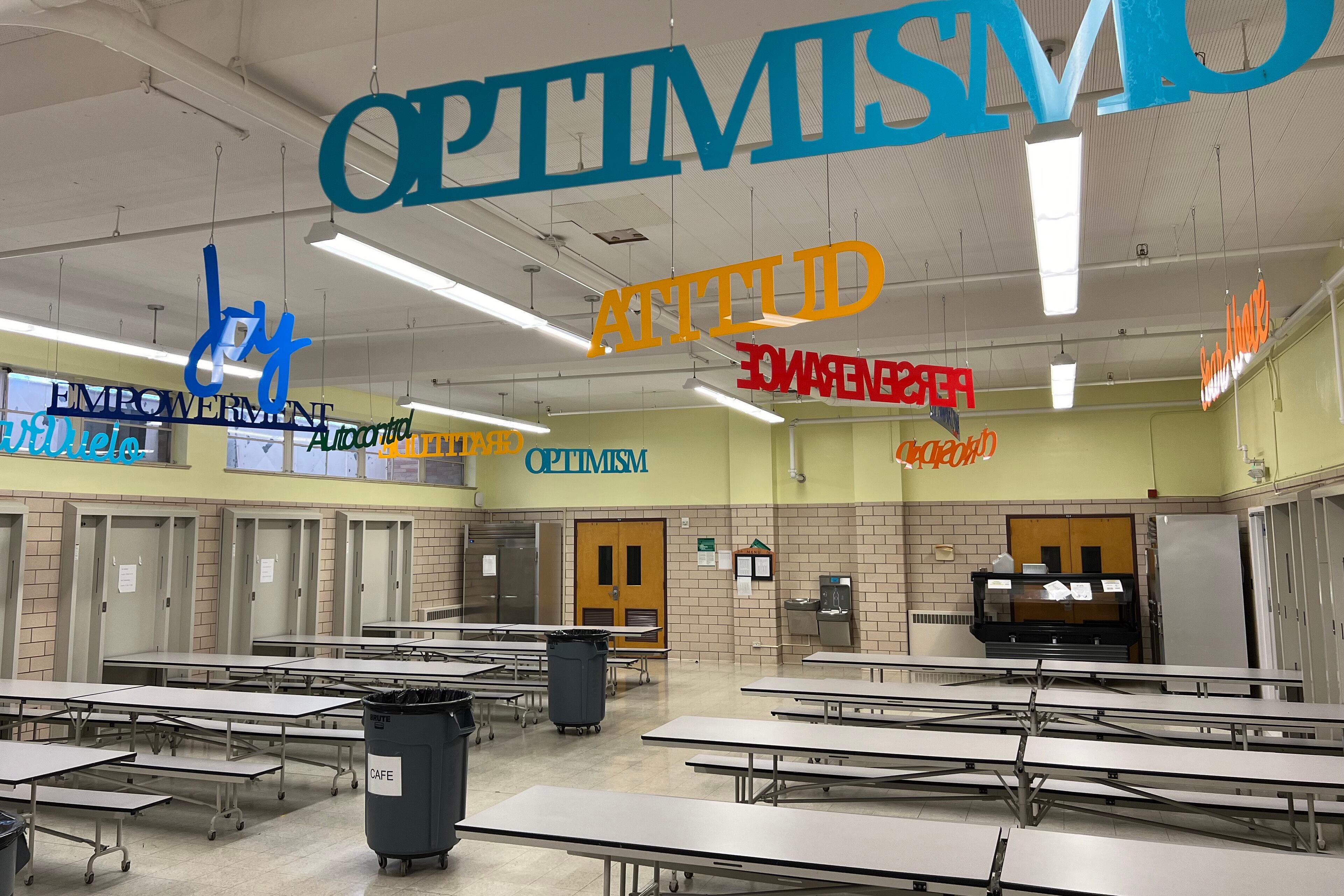Sign up for Chalkbeat Colorado’s free daily newsletter to get the latest reporting from us, plus curated news from other Colorado outlets, delivered to your inbox.
School closures would be prohibited in Denver Public Schools for three years under an amended proposal being considered by the Denver school board.
The proposal includes an exception that would allow the board to consider school closures during the three-year moratorium in the case of “significant” changes in enrollment or funding or for unforeseen emergencies, as identified by the board or Superintendent Alex Marrero.
Board member Scott Esserman first proposed the idea of a school closure moratorium in November, on the same night the board voted to close seven schools and partially close three more at the end of this school year due to declining enrollment. But the moratorium idea failed to get majority support from the board during what was a very emotional meeting.
Board member Michelle Quattlebaum brought the idea back last month. She proposed amending the board’s school closure policy, known as Executive Limitation 18, to pause future school closures until those that were underway were executed and plans for vacant buildings were finalized. Marrero said that process would take two years.
But on Tuesday, the board amended the proposal to add a specific timeframe for pausing the school closures: three years, starting the school year after the closures.
For example, the schools that the board voted to close in November will shut their doors at the end of this school year, 2024-25. School closures would be paused in 2025-26, 2026-27, and 2027-28. The board could vote on another round of closures in 2028. If they voted yes, the schools would close at the end of 2028-29.
Board Vice President Marlene De La Rosa expressed reservations Tuesday about that timeline. The reason for closing schools with low enrollment is to ensure schools have enough per-pupil funding to provide robust programming, she said.
“Waiting for three or four school years, we can’t afford to lose any time in not providing students everything that they need to be successful and to thrive,” De La Rosa said.
But Quattlebaum and others pointed out that the proposal gives the district an out. It says that the superintendent can recommend a school closure during the three-year moratorium “if there is a significant change in enrollment, a significant change in funding, or an unforeseen emergency as identified by the Board or the Superintendent.”
Board member Xóchitl “Sochi” Gaytán said that clause would give the superintendent “a lot of wiggle room” to bypass the school closure pause if need be.
“That should squelch some of the fear around the timeline,” Gaytán said.
Quattlebaum said the pause is needed to calm the fears of parents, teachers, and students at schools that have been at risk for closure and could be again — and to clear up uncertainty about when another round of school closures could be coming.
“It is not my desire to have our students, staff, and families living in fear that this board and this superintendent are out there just closing schools,” Quattlebaum said. “That is not our go-to.”
The board voted 4-3 Tuesday to amend the proposal on the school closure pause to add a timeframe of three years. Quattlebaum, Gaytán, Esserman, and board President Carrie Olson voted for the amendment. De La Rosa, John Youngquist, and Kimberlee Sia voted against it.
The proposal faces a final vote at an upcoming board meeting.
Melanie Asmar is the bureau chief for Chalkbeat Colorado. Contact Melanie at masmar@chalkbeat.org.






